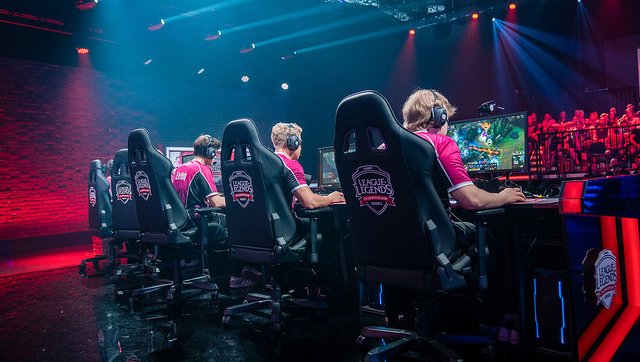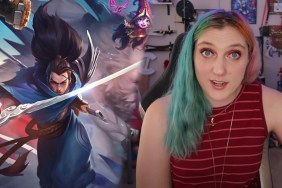There was a big uproar when League of Legends announced that its North American league would take on franchising for size. It was accepted at the time that franchising was good for the sport. While it was a step away from LoL‘s previous meritocracy model, which allowed teams to rise and fall out of their leagues based on performance, it seemed like the forward-looking thing to do. Overwatch was loudly trumpeting the franchising horn and we didn’t want to be left behind. We’ve now seen the effects of franchising on the 2018 North American League of Legends Championship Series. Have any of the issues with competitive LoL been addressed? We don’t think so.
League of Legends Franchising: What It Was Meant to Do
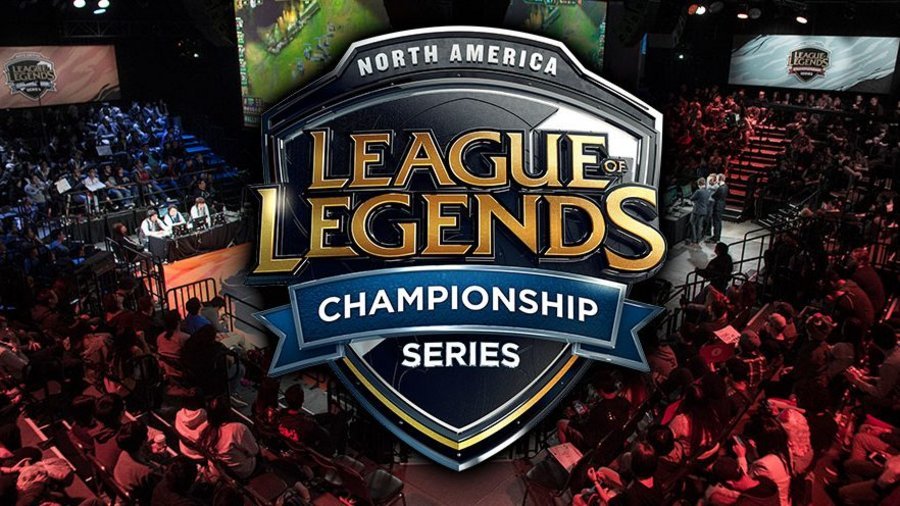
Franchising was sold as a type of cure. It was meant to bring the sport into the big leagues. For those unfamiliar with the concept, think about how regional teams work in other sports. Franchising in LoL allowed rich teams to buy a permanent slot in the NA competitive scene. Riot doesn’t make the call as to who makes the cut — it’s supposedly done by impartial third parties. In theory, the flagship teams created by the franchising model give players more lucrative and well-supported opportunities in the competitive scene. The teams can guarantee consistent exposure, both for players and for sponsors. This then creates an flow of other funding opportunities for players and team owners, which benefits the competitive scene as a whole. Revenue sharing is a method implemented in the NA LCS’ franchising system that helps teams get richer by sharing the wealth.
There doesn’t appear to be any downsides to franchising. Teams and players get paid better, and with bigger salaries come more extravagant events. Those events lead to increased mainstream coverage. Finally, increased coverage means League of Legends being beamed into people’s eyeballs, and money from media deals goes back into the teams to improve their play. In theory, it’s a perfect, self-sustaining circle. However, the effectiveness of these measures and their real effects leave room for discussion.
League of Legends Franchising: Transparency
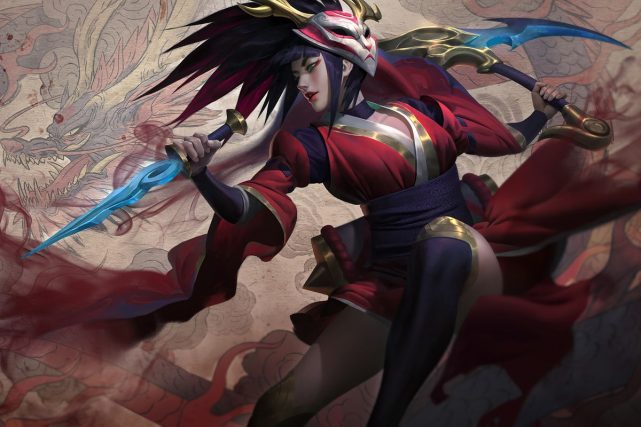
Last year, fans spoke out loudly against Immortals being denied a franchise spot. The Immortals team had come off a string of NA LCS successes, including affairs with world-class import players. They were a strong contender for top spot, and they’d gone from an underdog team to a crowd favorite. Stalwarts like TSM were expected to make the franchising cut, but there was little doubt that Immortals would too. Unfortunately, it wasn’t meant to be.
Riot gave reasons at the time, but they were loudly and frequently questioned. For example, Riot said that the Immortals franchise having an Overwatch team was an issue. This alleged concern was the thought that Immortals may struggle to juggle its interests in competing sports. Additionally, there was concern that Overwatch could potentially draw viewership away from the LCS. It’s a little unbelievable that one team could have that effect, but that was an alleged reason. Another explanation given by Riot for the Immortals’ denial was the fact that they may not have been liquid enough. We’re not economists, but the CEO of the team didn’t appear to think that there was a lot of difference between their cash flow levels and their competitors.
As mentioned above, Riot had intimated that an independent expert panel made decisions on the franchise applications. The company released its own announcement which pinpointed Overwatch as the main reason, but how much did the Immortals know? Franchising is meant to reward stable organizations who can open up opportunities for players. On that basis, surely an established esports-centric applicant like the Immortals would rank over a newbie from a physical sports background. The community has a long memory and Riot’s short-lived ban on players streaming other games than LoL is reasonably fresh. Along with Riot’s issues with inconsistency surrounding competitive rulings, the fumbles with Renegades and other hiccups, keeping everyone in the dark around franchising criteria and acceptance only breeds ill will.
League of Legends Franchising: Protecting Players
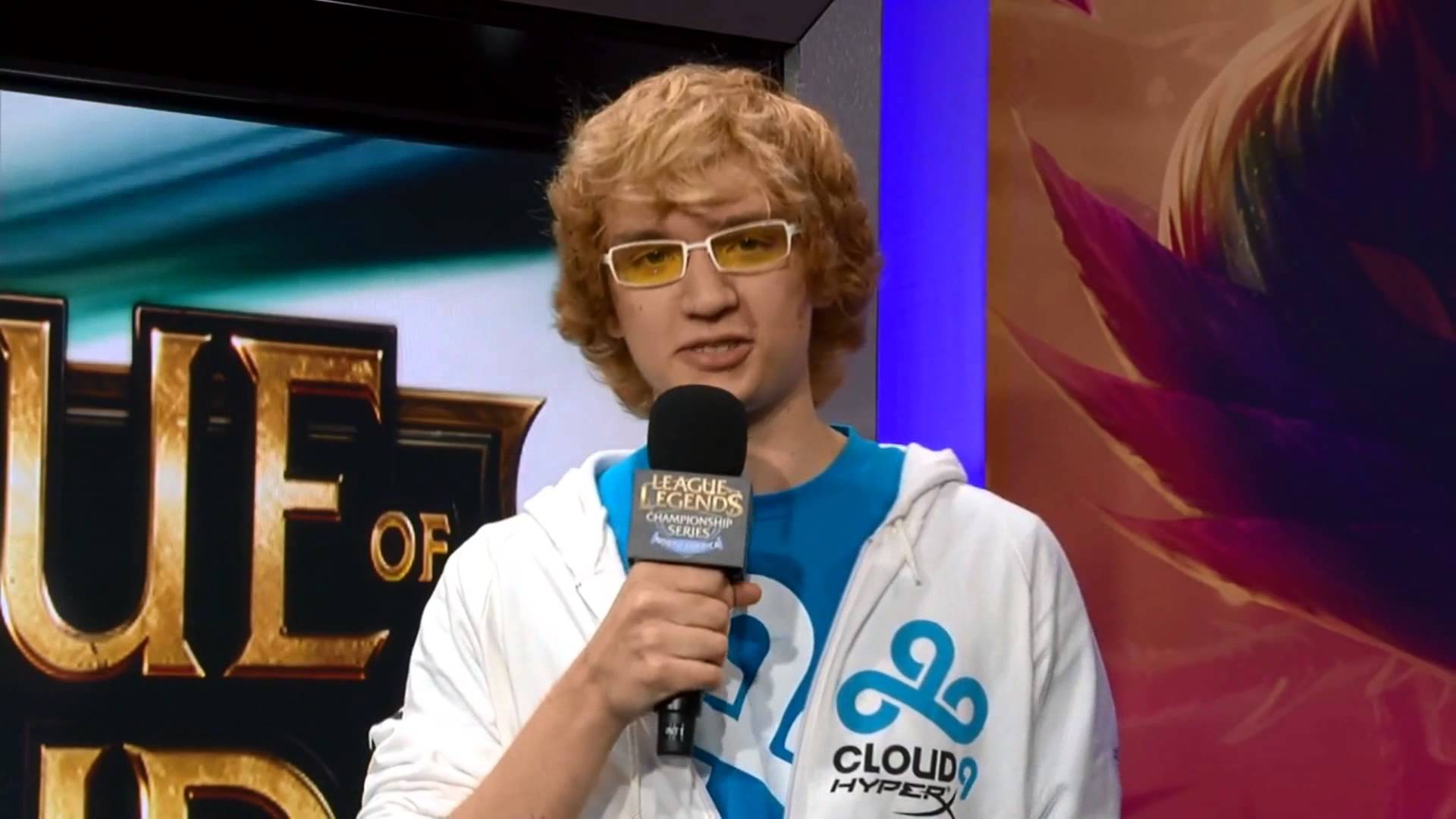
Franchising was touted as a way to protect players and to enable upward mobility. There was a lot of talk about what big teams could do for amateur players and about the support that players would receive from franchise infrastructure. However, whether this has resulted in actual protection for players is doubtful. There was an uproar recently about the trade of William “Meteos” Hartman, a well-recognized legacy player.
Hartman tweeted that he was unaware of the trade until it was too late. Furthermore, the trade was to FlyQuest, who wasn’t intending to put him on their starting roster. There was simply no room on the lineup for Hartman, and his displeasure was keen. The trade netted Hartman’s old team Andy “AnDa” Hoang, who would be his replacement. The trade stung, even more, considering that Meteos had just led 100 Thieves to victory the weekend prior. The community was furious about Hartman’s treatment. Furthermore, there were questions. League of Legends‘ fans were concerned that franchising might not be the greatest.
In particular, franchising and its opaque processes may work against players. Fans had already cried out for blood after the way Riot handled Immortals. In the wake of Hartman’s dismissal, the cries grew louder. Hartman had pulled himself out of retirement to come back to the competitive scene. It was a travesty to put him on a team with no real intention of taking him to Worlds. On top of that, the fact that the players involved had no idea what they were really signing up for was troubling. 100 Thieves released a statement outlining that Hartman had wanted to be traded, but it was too late. The organizations involved looked like they were operating on their own rules and disregarding the players. The franchise system’s overall lack of transparency and focus on a positive social presence starts to look a little shallow when community concerns are being evaded.
League of Legends Franchising: How Now, Cash Cow?
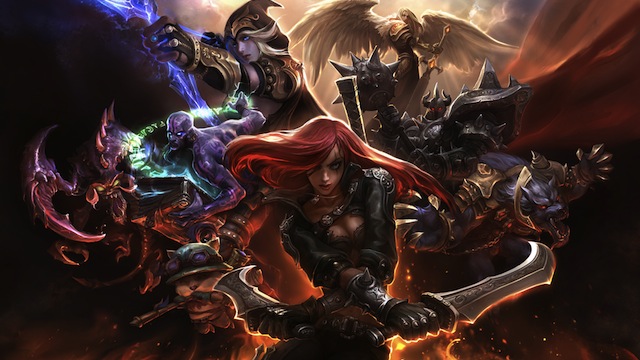
The franchising system isn’t perfect. Riot mentioned that it would help the competitive scene, and it has for the most part. The level of play on show at the NA LCS has improved. On top of that, esports teams are learning from the practices and infrastructure already implemented by franchises from mainstream sports. There’s been an increased focus on the physical and mental well-being of the players across the board. On top of that, budgets and events are bigger and more elaborate than ever. There’s no doubt that the NA LCS has flourished since the introduction of the franchising model.
However, the problems at hand with LoL are fundamentally the same. If franchising picks up some victims along the way, shouldn’t we scrutinize it more closely? Judging from the events outlined above and the murkiness around player trading early on in the franchise season, it’s clear that the players should be concerned. Franchising is predicated on a few big teams making things better for everyone else. Benefits are meant to trickle down to players from CEOs if the system is working. A system focused on player opportunities shouldn’t be throwing those same players to the wayside. Career-changing decisions being made without the full knowledge of the affected parties is a concern.
It’s important to remember that questions still remain around the Immortals situation. LoL hasn’t become much more consistent in passing judgment on those under its purview. The lack of transparency around the why and the how of large economic decisions is grating. It’s not a case of nosy, overzealous fans. When a model insists that it’s putting players first in all aspects, then it should walk the talk and stand up to an inquiry. Franchising clearly hasn’t solved the issues that LoL had about player job security and stability. The continued exposure to mainstream media and sponsorship opportunities has manifested in teams gaining prominence. However, as Hartman can attest, the players that make up the backbone of the sport don’t fare nearly as well under this new regime.
Whether you’re a fan of franchising or against it, it has stamped its mark upon the NA LCS. With Blizzard and Overwatch embracing the system to great success, it’s inevitable that other regions will fall in line. Do you think that franchising and the teams involved should continue operating in this manner? Is it a matter of a lack of accountability that lets players down? Should expert decisions around the system be made public? Let us know what your thoughts are on the franchise model and if it should change. Our comments section is open!
